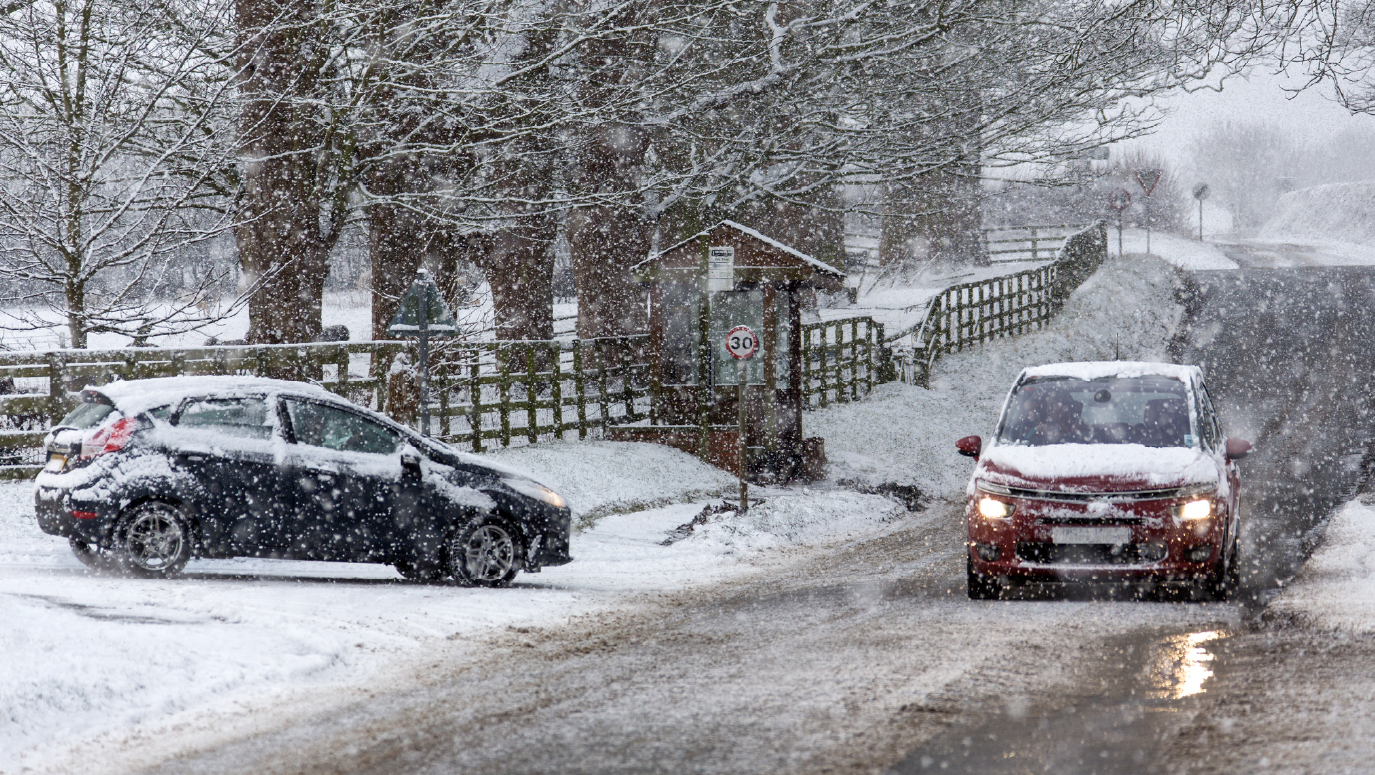Direct Line magazine

Motor
Driving in winter weather
Snow, ice and fog can be host to a whole bunch of driving hazards in the winter. As road conditions become trickier, it's important to prepare for common side effects of wintry weather. Read our tips to tackle any dangers you face behind the wheel.

Motor
What’s aquaplaning and how do you avoid it?
Anytime there's standing water on the roads, usually caused by periods of heavy rain, there's a risk you could lose control of your car in an aquaplaning incident. Here's how you can avoid running into trouble.

Home
How to get rid of condensation
Day-to-day activities, such as cooking, drying washing, burning fuel, all produce water vapour. This vapour can condense back into water and excess condensation can cause damp, and even lead to structural problems. Find out how you can deal with it.
Motor

Motor
Top tips to prevent car theft
Car theft is on the increase, and criminals are getting smarter. Here’s how to protect your car from thieves.

Motor
How to claim on your insurance for pothole damage
Potholes aren't just irritating, they’re also a hazard to road safety and can seriously damage your car if you hit one, even at low speed. Here’s how you can make a claim for pothole damage.

Motor
Is your car at risk of relay theft?
Relay theft is a new method used to steal cars. And if your car has keyless entry technology, then you're at risk.
Home

Home
Don’t get caught out by home scams
Every year, thousands of people are caught out by scams designed to part them from their hard-earned cash. From window cleaners to fraudulent landlords, their tricks are increasingly sophisticated. Read on to see the most common dirty tricks of the trade.

Home
How to declutter your home
Are your possessions taking over your house? Do you trip over shoes in your hallway? It's time to declutter your home and reclaim valuable space by organising your stuff.
Lifestyle

Lifestyle
How to prevent your bike from being stolen
Thousands of cyclists report their bikes stolen every year in the UK. Unfortunately bike theft is big business, even if you have a basic model. Find out how to keep your bike safe and avoid thieves getting their hands on your wheels.
